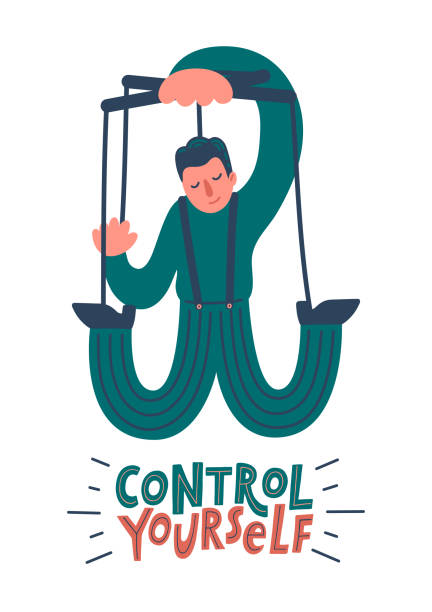Allah (swt) in His immense wisdom has provided mankind with the month of Ramadhan, a month filled with varied acts of worship such as fasting, extra voluntary prayers, charities etc. Let’s reflect on how Ramadan affects mental health, helping us understand and benefit the most during this blessed month.

Self control:
Humanity perpetually seeks to satisfy immediate desires, which often extend beyond basic needs and may be permissible. However, during this month, there are rules that necessitate restraint. What might be the repercussions of this process on mental health?
Health encompasses the well-being of individuals in both favourable and adverse circumstances, sometimes even long after enduring challenging experiences.
Allah swt mentions in Surah Baqarah:
We will certainly test you with a touch of fear and hunger and loss of property, life, and crops. Give good news to those who patiently endure, who say, when struck by a disaster, “Surely to Allah we belong and to Him we will ˹all˺ return.” They are the ones who will receive Allah’s blessings and mercy. And it is they who are ˹rightly˺ guided. (Chapter 2: Verses 155-157)
It’s evident that these trials are universal for all human beings. Success lies in those who are prepared to endure losses and exhibit patience by restraining themselves when desires arise. This restraint serves as a powerful mental exercise. Recognizing this can help individuals prepare to overcome adversities and emerge stronger.
Allah swt also mentions:
Humankind is made of haste. I will soon show you My signs, so do not ask Me to hasten them. (Surah Al-Anbya, Chapter 21: Verse 37)
And humans ˹swiftly˺ pray for evil as they pray for good. For humankind is ever hasty. (Surah Isra, Chapter 17: Verse 11)
Therefore, this self-control distinguishes between childish behavior and that of a mature, composed adult. It marks the transition from immaturity to a well-rounded personality. Considering this, fasting can be viewed as an intensive mental health training session. It equips us with the mental strength needed to tackle life’s challenges. Through fasting, individuals learn to control primal anxieties and fears, including hunger, thirst, sexual urges, and anger.

Good-will:
Amidst the atmosphere of piety and brotherhood, Ramadan becomes a season of generosity, marked by obligatory and voluntary alms given to the needy. Simply adhering to this obligation can significantly uplift one’s mental state, especially for those grappling with stress and anxiety. Bringing a smile to someone in distress and alleviating the anxieties of others can serve as powerful steps towards mental healing.

Piety:
Allah swt says,
O believers! Fasting is prescribed for you—as it was for those before you1—so perhaps you will become mindful ˹of Allah˺. Baqarah 183
Hence, the ultimate goal of fasting is the attainment of piety. Many who observe Ramadan experience a transformation within themselves, sensing a unique spiritual ambiance throughout the month. For anyone seeking to rectify errors, whether behavioural, social, or personal vices, including addictions, Ramadan offers an ideal opportunity for renewal. It’s a time to address mental weaknesses and vulnerabilities, with support available for those needing assistance in overcoming addictions.